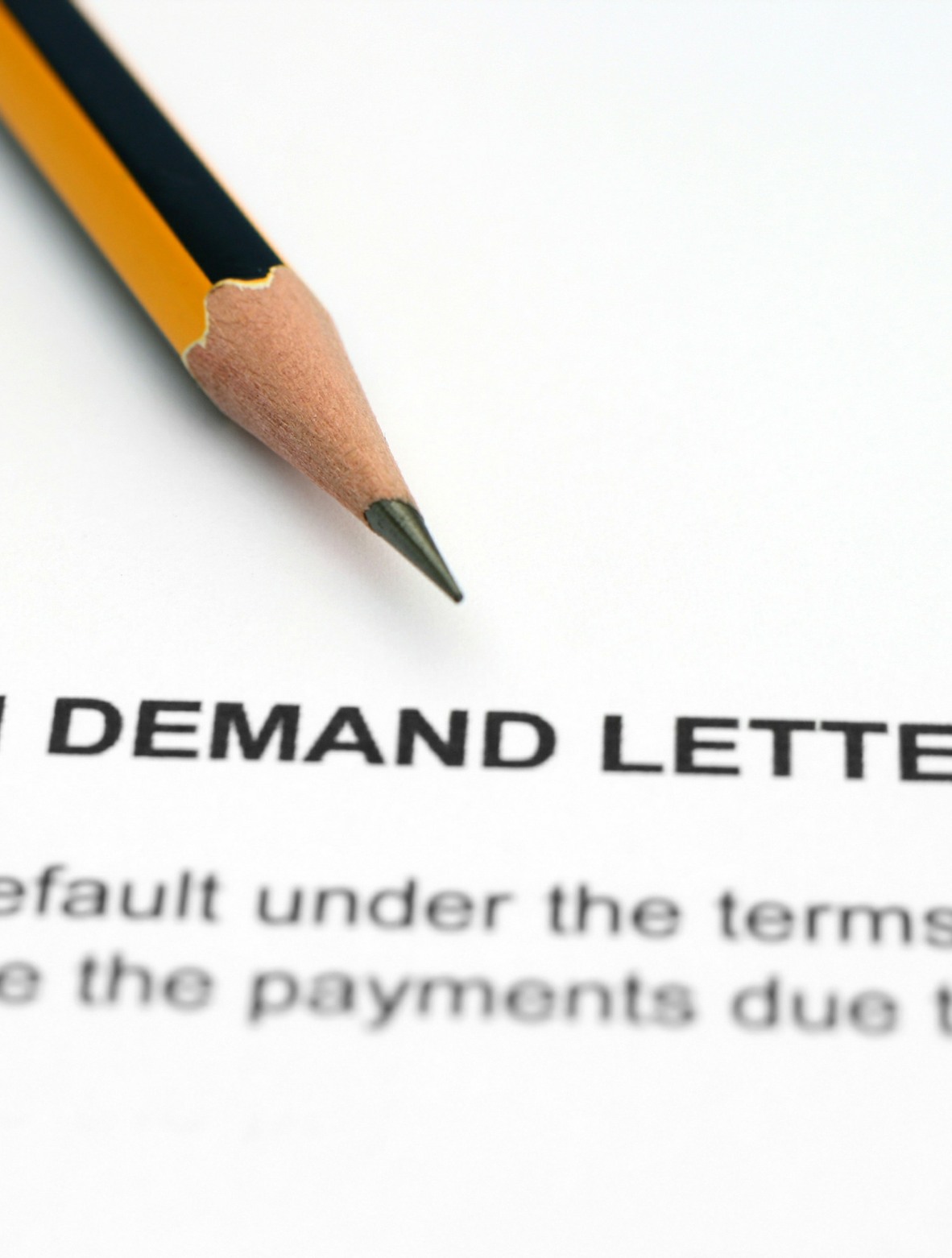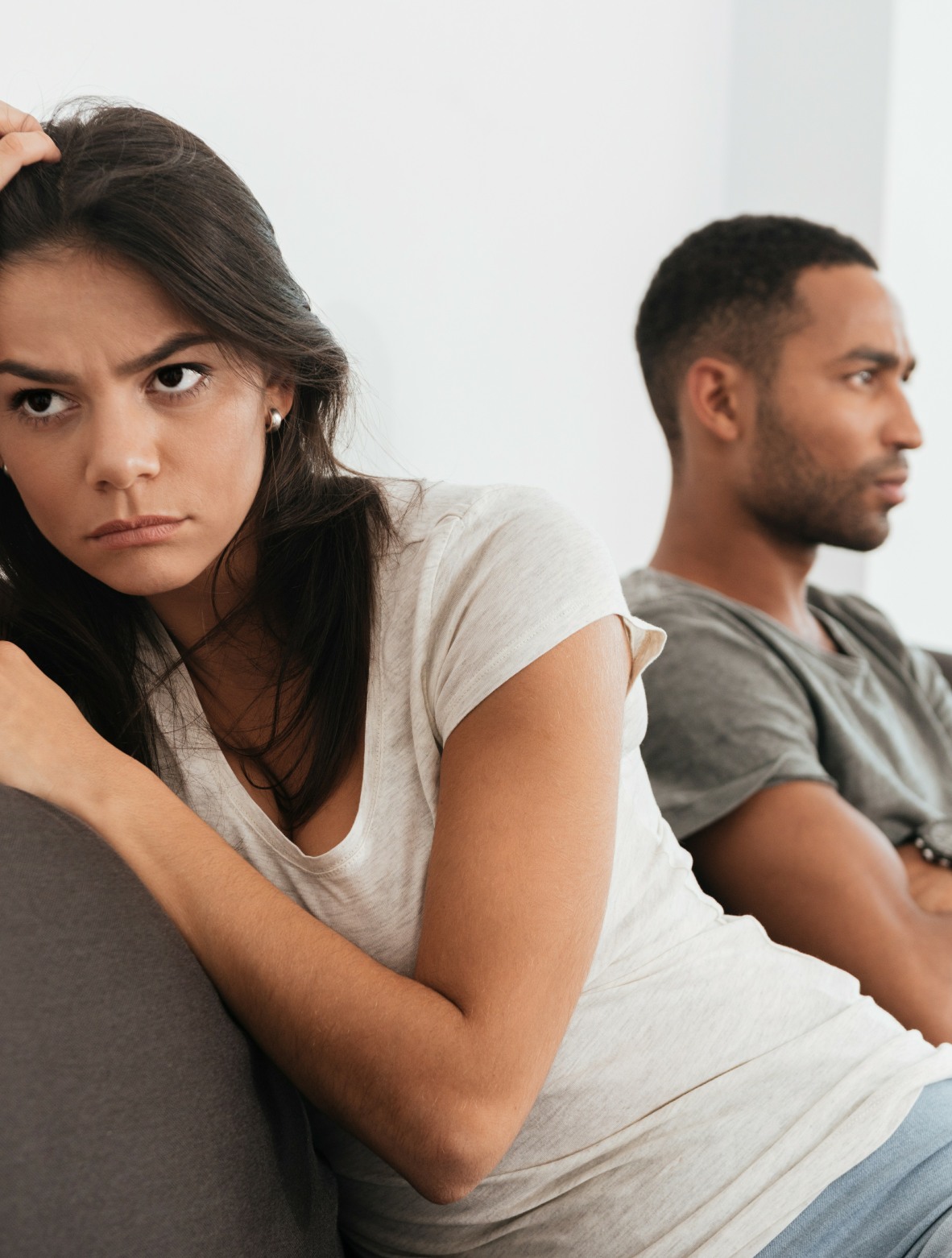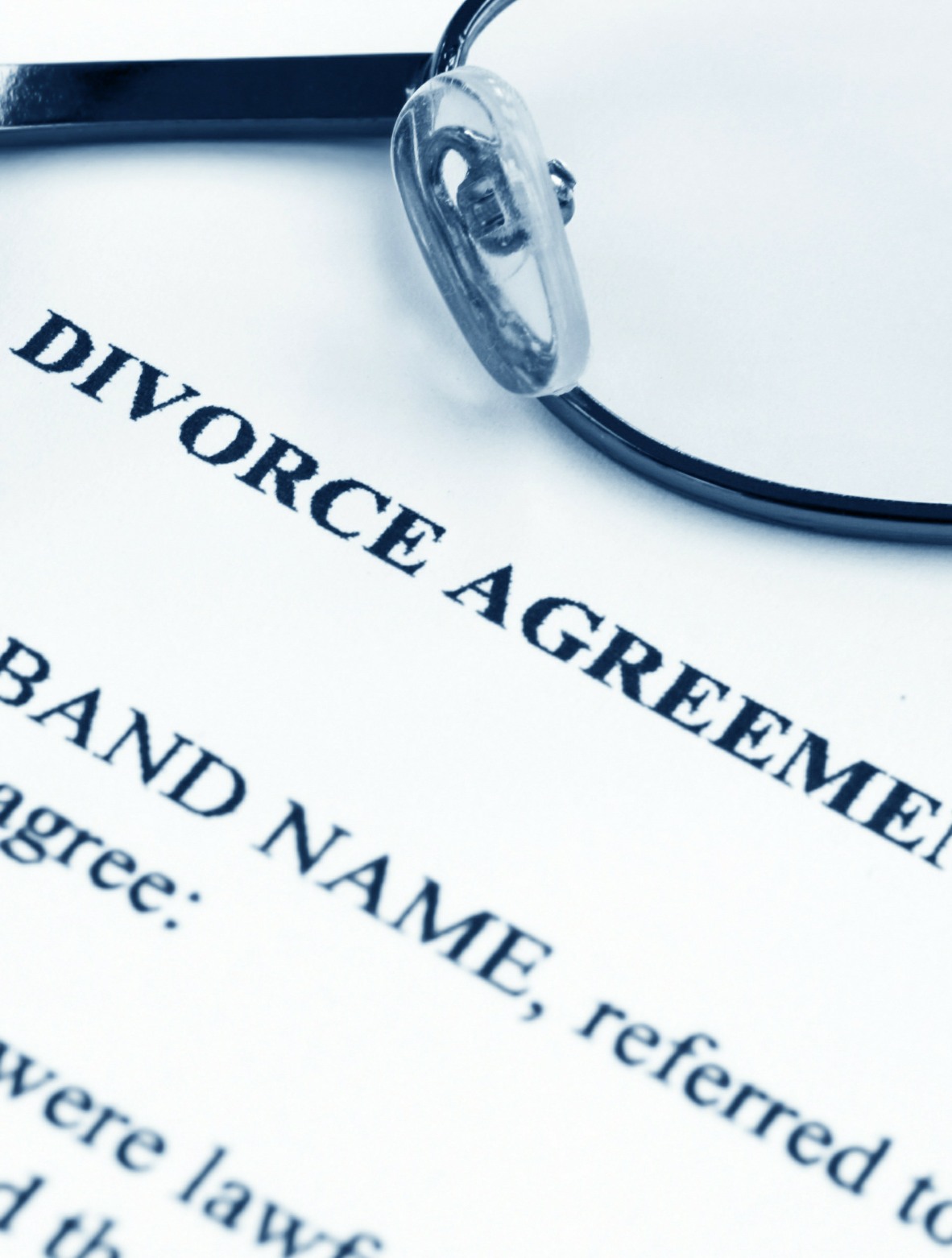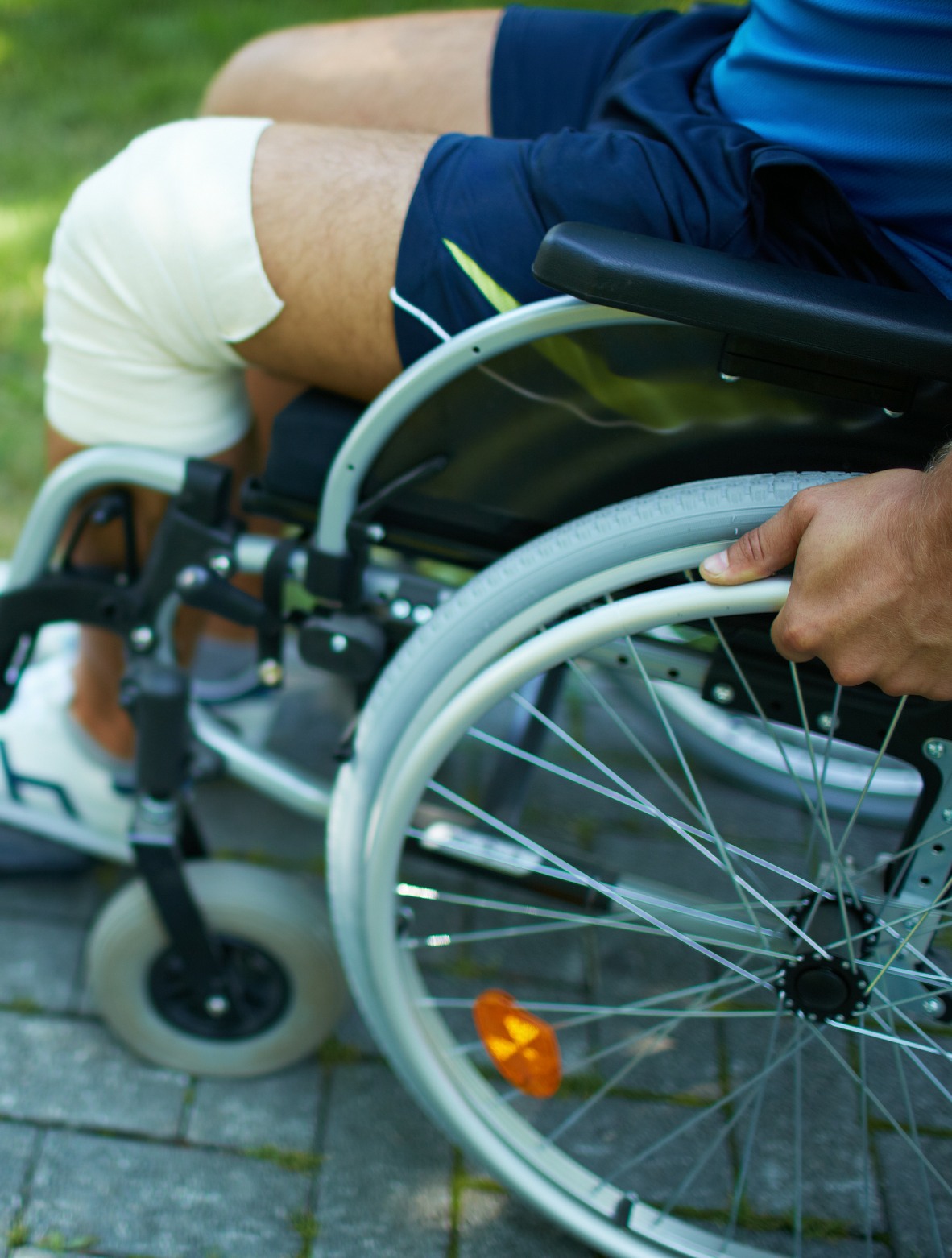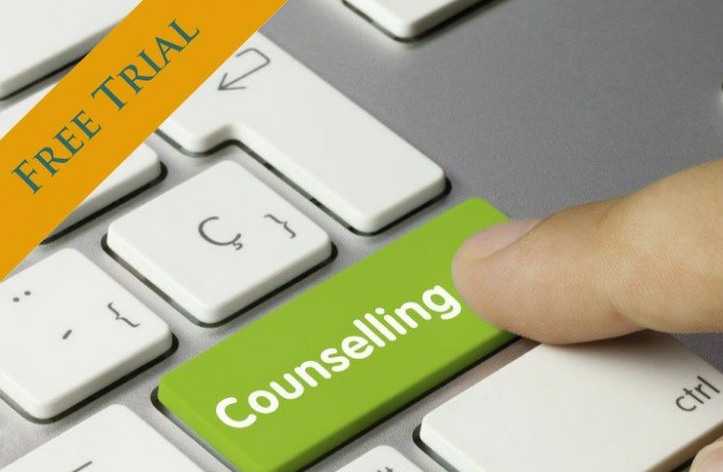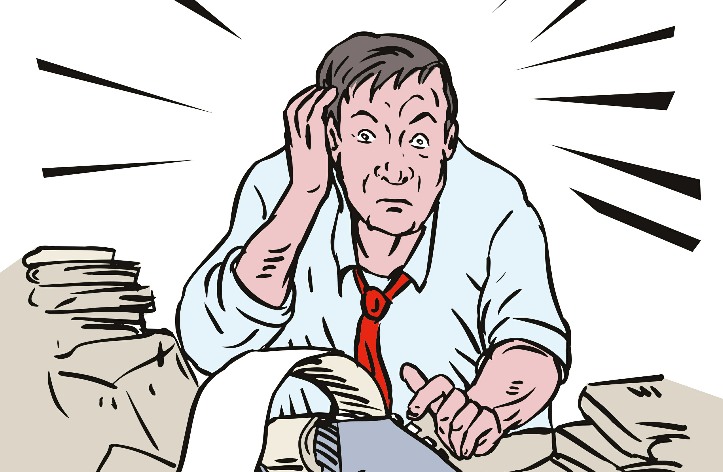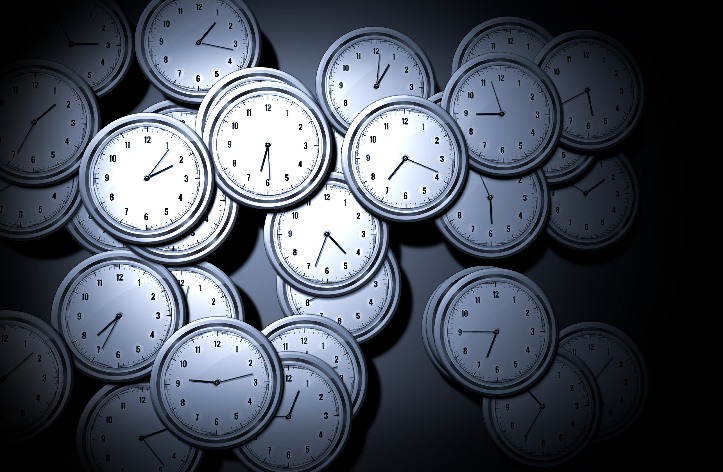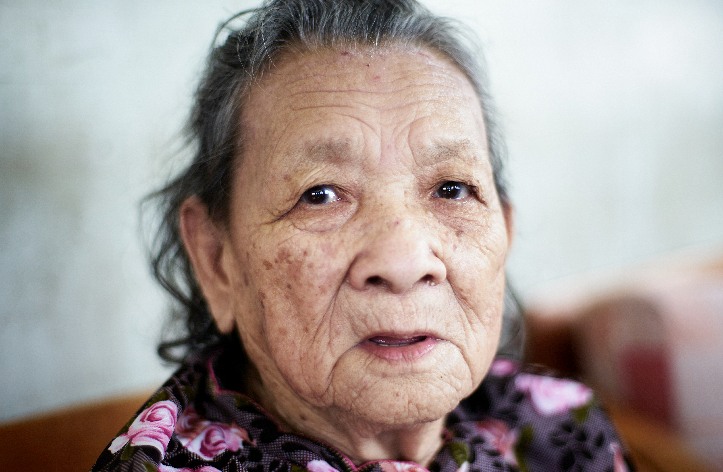

Have you had enough of worrying? Tired of struggling with anxiety? Stressed about work, relationships or other things? Here you will find information on anxiety and how it can be managed to help you cope
What is anxiety?
- Anxiety is the name given to the uneasy, worried feeling we get when waiting for some future event to happen. Feeling worried or uneasy is something we will all experience at different times in our lives. Perhaps you have felt this feeling when waiting for an exam to start at school, or while on the way to your first day at a new job? This feeling can help us perform at our best, and so can be useful to us.
- Anxiety becomes a problem when it goes on for too long or becomes too severe. When it is disproportionate to the situation this is a problem. People who find it difficult to control their worries, or worry about things that most other people don’t find troubling, could be said to be suffering from an anxiety disorder.
- If you feel anxious about lots of things, and not just one single thing at a time, you may have a problem with anxiety. This condition is sometimes called generalised anxiety disorder (GAD) in the U.K.
- Sometimes people experience acute episodes of anxiety called panic attacks, which can come with uncomfortable and upsetting bodily sensations. Anxiety is a key part of post-
traumatic stress disorder (PTSD), and can also take the form of a phobia (an uncontrollable fear of a certain place, physical object or a particular situation).
If you recognise yourself from the description above and have had enough of feeling the difficult symptoms outlined here, read on to find out more about troublesome anxiety and how to tackle it …


Why do we have anxiety? What is the ‘fight of flight’ mechanism and is it ever helpful? When the body’s reaction to stressful and worrying situations is explained, it can be more easily understood
The ‘fight or flight’ mechanism involved in a panic attack
- The physical sensations a panic attack brings about are very real, yet the reaction can be out of proportion. When we feel under threat, our bodies react to the perceived danger and prepare us for 'fight' or 'flight'. In such a situation our blood pressure increases, our heart beats more quickly, our muscles prepare for action and non-
essential functions such as digestion stop. This is to help us either fight the threat we face, or quickly escape from the dangerous situation. We are automatically made ready for action, whether that be to stay and combat the threat, or to exit the threatening situation as quickly as possible.
- This reaction was essential when, for example, our distant ancestors were faced with a wild beast at the entrance to the cave. It is also sometimes necessary in modern day times, as when we become aware of an oncoming vehicle that we had not seen that may collide with us, yet our fight or flight mechanism is less helpful when triggered by yet another report due on our manager's desk by 5 p.m.
- When we are stressed, the panic survival reaction and associated bodily change is more easily brought on. In the latter example, the triggering of a more rapid heart beat and increased adrenalin in the bloodstream is unlikely to help us either 'fight' or 'flee' from the paperwork to be completed. In this situation, we may be left with feelings of tension and stress; it could be said that in such a scenario our fight or flight mechanism has worked against us. Instead of helping, it is now hindering, sat as we are at our desks with the clock ticking and stress level rising.
So, if everyone has a fight-or-flight response, shouldn’t everyone suffer with anxiety? Why do some people seem more likely to have a problem with anxiety than others? Continue reading to find out more …


What can be done about problem anxiety? Many people have learned to understand anxiety, to manage its effects and to cope with it in their lives. The good news is that there is support available to help you feel better, and there are self-help tools also
How can I treat my problem anxiety?
Treatment for anxiety issues usually involves counselling, medication, self-
Counselling
- can help you understand the reasons anxiety develops and can look with you at ways to help reduce your stress levels and improve your coping strategies. There is also the possibility that you may find positive meaning in challenging events, helping you feel better about things
- can provide a listening ear that will not judge you at a time when you may not have anyone to talk to in confidence
- sometimes learning to live with things -
to 'ride the wave' instead of 'banging against the rocks' - can help you to cope at difficult times - online counselling for anxiety could mean that you can get support at a time to suit you, and to fit in with the other things in your life, without you needing to leave your own home to attend therapy
Medication
- anti-
depressants - depression and anxiety can go hand in hand for some people, yet even if you are not depressed, research has shown that anti- depressants, carefully prescribed by a healthcare professional, can help with anxiety. They can take several weeks to start to work, and for you to feel the benefits - epilepsy medicine -
some medication used to treat epilepsy has also been shown to help anxiety. Again, this must be prescribed and supervised by a qualified medical doctor - sedative medication -
sometimes benzodiazepines (sedatives) can be prescribed by a healthcare professional for a short period of time, although it is essential that a doctor oversees use of this type of treatment as benzodiazepines can become addictive if used incorrectly
Self-help
- learning how to relax your whole body, and how to let go of tension in muscles when in a stressful situation can be a great help. Breathing exercises (and especially a technique known as ‘sympathetic breathing’), can be very useful to reverse the fight-
or- flight response. Guided exercises for learning how to relax are available freely online; the following resources are particularly accessible:
By now, you may be able to appreciate more fully why anxiety is a part of human experience, how it can become a problem at times and some of the ways that it can be managed to help us feel better


Why do some people seem to struggle with anxious thoughts where others do not? Is a panic attack physically harmful? Sometimes people become worried not only about their problems, but about their anxiety itself
What should I do if I fear that it’s not actually a panic attack?
What causes people to have problems with anxiety?
- sometimes a traumatic event can cause people to experience ongoing problems with anxiety
- often, not building in daily relaxation time can lead people to be more tense, leading to their anxiety being triggered more easily than it would be if they were relaxed
- having a stressful job, or living in stressful circumstances can mean people get anxious more often or more easily
- sometimes people are troubled by a situation that is unresolved, which can lead to it being difficult to relax completely when that situation is constantly present at the back of the mind
- family history plays a part too, with some studies suggesting that you are five times more likely to suffer from generalised anxiety disorder (GAD) if a close family member is also a sufferer
When a panic attack feels like a heart attack
- Sometimes the palpitations, shortness of breath, sweating and chest pain of a panic attack can be mistaken for a heart attack, which is understandably a very frightening experience. If you are having a panic attack for the first time, the fear can be even greater as you have no previous experience to compare it to.
- Panic attack sufferers sometimes describe how during an attack they feel like they are going to die, and although this feeling is very real, it is a comfort to most people when they recover to realise that a panic attack is in no way physically harmful.
If you are in any way unsure as to whether you are experiencing a heart attack or a panic attack, it is best to seek immediate emergency medical attention.


Struggling with Anxiety?
Many people approach their counsellor or other healthcare professional and say they want to ‘get rid of anxiety’. Life without worry and our ‘fight or flight’ response may not be possible, but there are things you can do to ensure anxieties remain manageable and don’t become too big a problem
Some Dos and Don’ts when suffering with anxiety and panic
- DO get more exercise; swimming, walking, jogging or going to the gym (which are all forms of aerobic exercise) will help you to de-
stress and will aid relaxation. Exercise can also release 'feel good' chemicals in your brain, which will help to relax you - DO eat healthily; a balanced diet is an important part of maintaining a healthy body and healthy mind
- DO seek advice from a doctor or other professional experienced in dealing with anxiety if you are concerned about your mental wellbeing and would like some help with your recovery
- DON'T be tempted to drink too much alcohol to help you relax at the end of a busy day (excessive alcohol will make you feel worse in the long run, as it has a negative effect on mood)
- DON'T despair -
there is help available that can support you through your current troubles - DON'T beat yourself up about things -
if you are struggling with anxiety, reading this web page and considering some of the options available to you is a positive step in the right direction

How do I know if I have a problem with anxiety? What are the symptoms?
People suffering with an anxiety disorder often struggle with the following:
- feeling uneasy a lot of the time
- being unable to relax
- feeling short of breath (when panicking)
- finding it difficult to concentrate
- being snappy and short with others
- have a feeling of dread or impending danger
- seeing friends and family less often to avoid anxious feelings
- feeling stressed at work and less able to cope
- finding it difficult to sleep
- shaking or having tremors
- sweating excessively
- a quickly beating heart (palpitations)
- tiredness and fatigue
- dizziness or a tight band around the head
- low mood
Changes In Your Body
- psycho-
education, and learning about the physiological effects (changes in the body) that anxiety can cause can be helpful in reassuring you that the feelings you are having are not due to physical problems



Resource 4 -
Resource 5 -
Resource 6 -
Meditation
- meditation and mindfulness techniques can help to enhance your sense of calm and of being present 'in the moment', which can help you feel better. A number of guided mediations are available free of charge on the Internet; here are three examples that clients of Ashwood Therapy have found useful:
Resource 1 -
Resource 2 -
Resource 3 -



If you are looking for some help to manage problem anxiety in your life, and would like to know more about the online counselling service offered at Ashwood Therapy, you can book a free, no obligation initial consultation by video call or instant messaging (text) chat to talk things over with Rob. It could be the first step towards getting things ‘back on track’.










